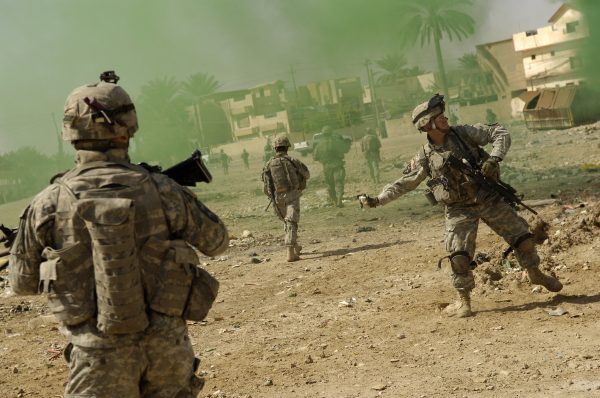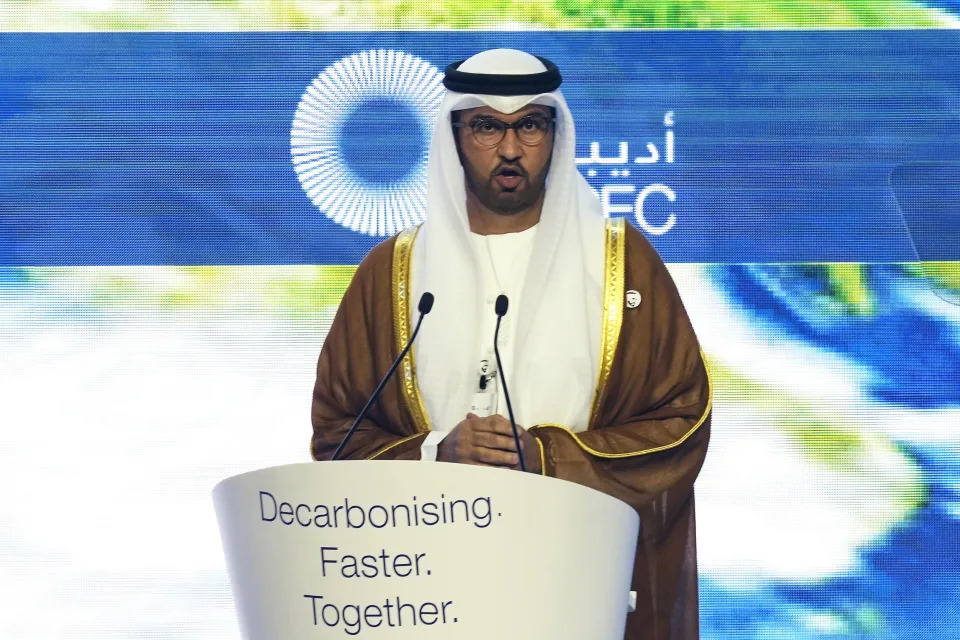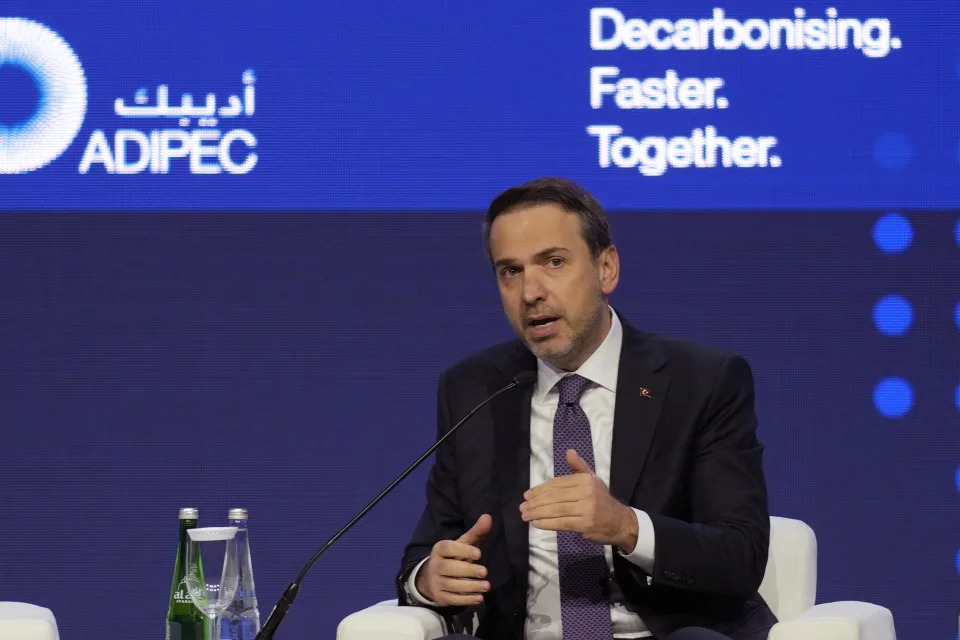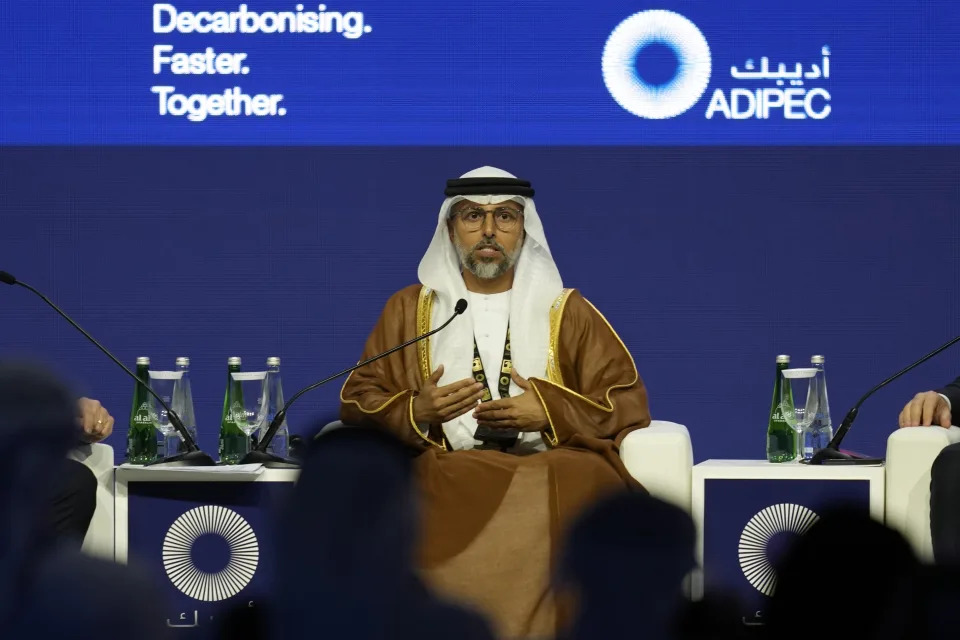U.S. Frackers Seek Ways to Reverse Well Productivity Declines
As well productivity in the U.S. shale patch has declined in the past two years, producers are looking to deploy new technology to reverse these declines, but small companies often cannot afford the high upfront costs, industry executives and analysts have told Reuters.
While shale production pushed U.S. crude oil output to record highs in recent months to above 13 million barrels per day (bpd), the rate of productivity declines has steepened since 2020 as the fracking of closely located wells has interfered with geology and pressure, resulting in more difficult extraction of the resources.
Oil decline profiles have steepened across U.S. shale oil plays over the last decade, Enverus Intelligence Research (EIR) said in a report in August 2023.
“We’ve observed that decline curves, meaning the rate at which production falls over time, are getting steeper as well density increases,” Dane Gregoris, report author and managing director at EIR, commented at the time.
“Summed up, the industry’s treadmill is speeding up and this will make production growth more difficult than it was in the past.”
But advances in horizontal drilling and hydraulic fracturing technologies have increased well productivity over the past year, helping U.S. producers extract more crude oil from new wells drilled while maintaining production from legacy wells, the U.S. Energy Information Administration (EIA) said last month.
One of these technologies, simultaneous fracking technology, or simul-frac, can achieve over double the gains in lateral footage, in less time, compared to zipper-frac operations, says Halliburton, the leader in the U.S. fracking services market.
The simul-frac tech, however, needs a lot of wells drilled beforehand and then fracked simultaneously. This requires a lot of investment before oil can flow from the wells—and not all companies can afford that.
“That's $100 million in the ground before you see any revenue,” Mike Oestmann, chief executive at small company Tall City Exploration told Reuters.
By Tsvetana Paraskova for Oilprice.com












